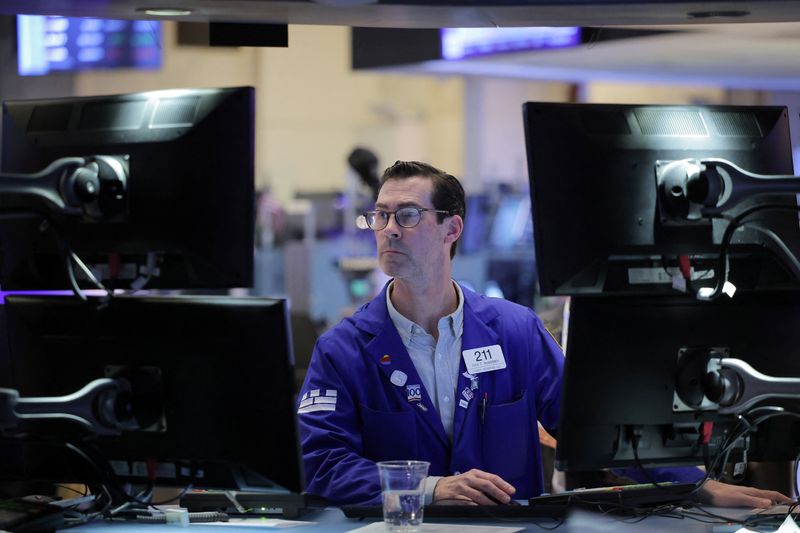Momentum refers to the concept that suggests “what worked yesterday will continue to work tomorrow,” and the recent market rotation might indicate a shift in the prevailing conditions, according to analysts at Goldman Sachs.
Momentum has thrived so far in an environment marked by higher interest rates and has become closely linked with dominant secular themes.
"Two soft CPI prints in a row and the possibility of a July rate cut suggest we could still be on track for a soft landing, and the lower quality, risk-on assets part of the short leg of momentum may continue to outperform,” analysts said in a note.
However, the question remains whether the strategies that have worked over the past six months will continue to be effective as rate cuts are repriced, political regime change probabilities rise, and AI valuations are reassessed.
"We think it could make sense to take profit on momentum gains given the change in the market dynamics as the rotation we pointed out last week continues,” they added.
Although AI valuations appear stretched, earnings reports are not imminent, and with no short-term catalysts, there might be potential for a short-term pullback, coinciding with underperformance in the size factor.
Momentum experienced its best year on record, driven by the outperformance of the long leg – AI and secular themes – and the underperformance of the short leg amid higher rates.
U.S. equities fell sharply on Wednesday as declining microchip stocks, amid potential escalations in U.S.-China trade conflicts, amplified the ongoing rotation out of mega-cap tech stocks.
A report indicating that the Biden administration is considering strict trade restrictions against China led to a 6.8% drop in microchip stocks, marking the Philadelphia SE Semiconductor index's largest one-day decline since March 2020.
The pullback in the Magnificent 7 group of momentum stocks, including Nvidia (NASDAQ:NVDA) and Apple (NASDAQ:AAPL), caused the Nasdaq to fall by 2.8%, while the S&P 500 declined by 1.4%.
